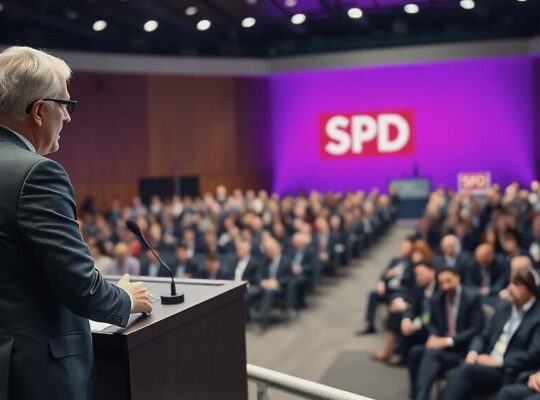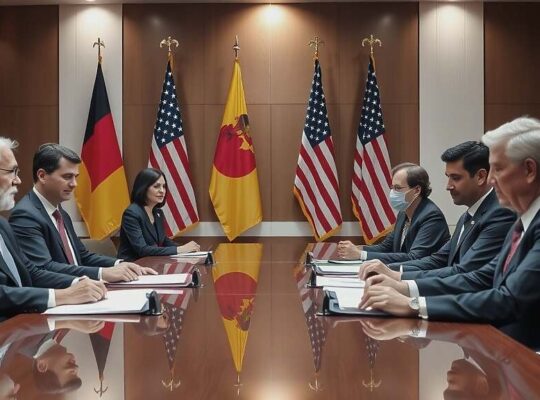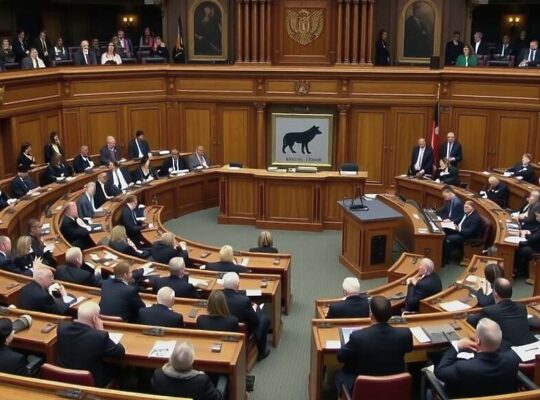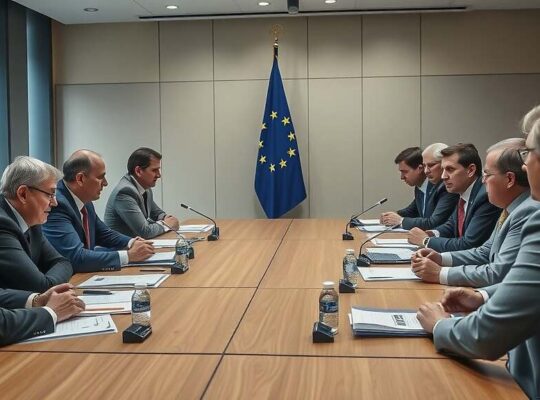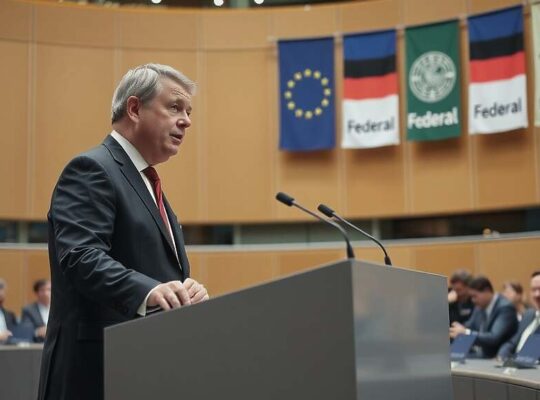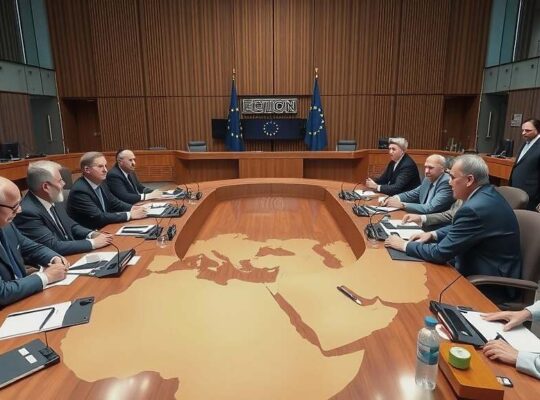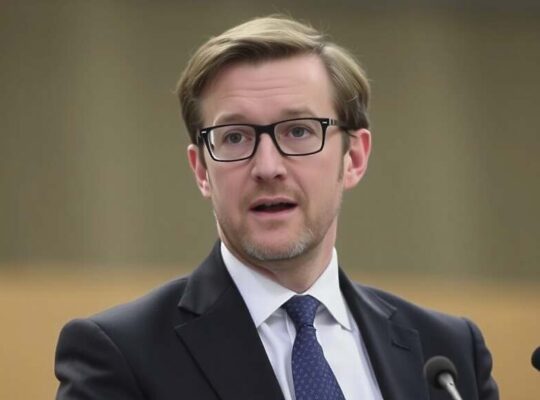Berlin is signaling a renewed ambition for Germany to assume a leading role within the European Union, a move sparking debate over the potential implications for the bloc’s existing power dynamics and national sovereignty. Chancellor Friedrich Merz, during a government statement delivered to the Bundestag on Thursday, asserted that Germany’s prosperity is inextricably linked to the overall health of Europe, necessitating a proactive stance on the continent’s future direction.
Merz framed his argument around the guiding principle of “responsibility for Germany” emphasizing that this responsibility extends beyond national borders. He explicitly stated that Germany cannot fully discharge this responsibility without taking on “leadership responsibility” within the EU. This declaration comes ahead of a crucial EU summit scheduled for October 23rd and 24th in Brussels, where leaders will grapple with pressing issues including the ongoing war in Ukraine, the escalating conflict in the Middle East, European defense and security, the EU’s competitiveness and migration pressures.
While Merz highlighted a perceived consensus among European partners regarding the urgent need to revitalize the EU’s economic competitiveness, critics question the potential for Germany’s renewed leadership claims to overshadow the concerns of smaller member states. Concerns are already surfacing regarding the potential for Berlin to prioritize its own economic interests under the guise of pan-European initiatives.
The Chancellor’s remarks also draw attention to the complexities surrounding European defense and security. While advocating for a stronger shared approach, the question remains how such an initiative would navigate the sensitivities around national military autonomy and strategic independence – issues that have historically fueled disagreements amongst member states.
The upcoming EU summit promises to be a pivotal moment, not only in addressing the immediate challenges facing the bloc but also in defining the future role and influence of Germany within a rapidly evolving geopolitical landscape. Whether Merz’s vision of a German-led EU can be realized remains to be seen, contingent on the careful balancing of national ambitions and the preservation of European unity.



